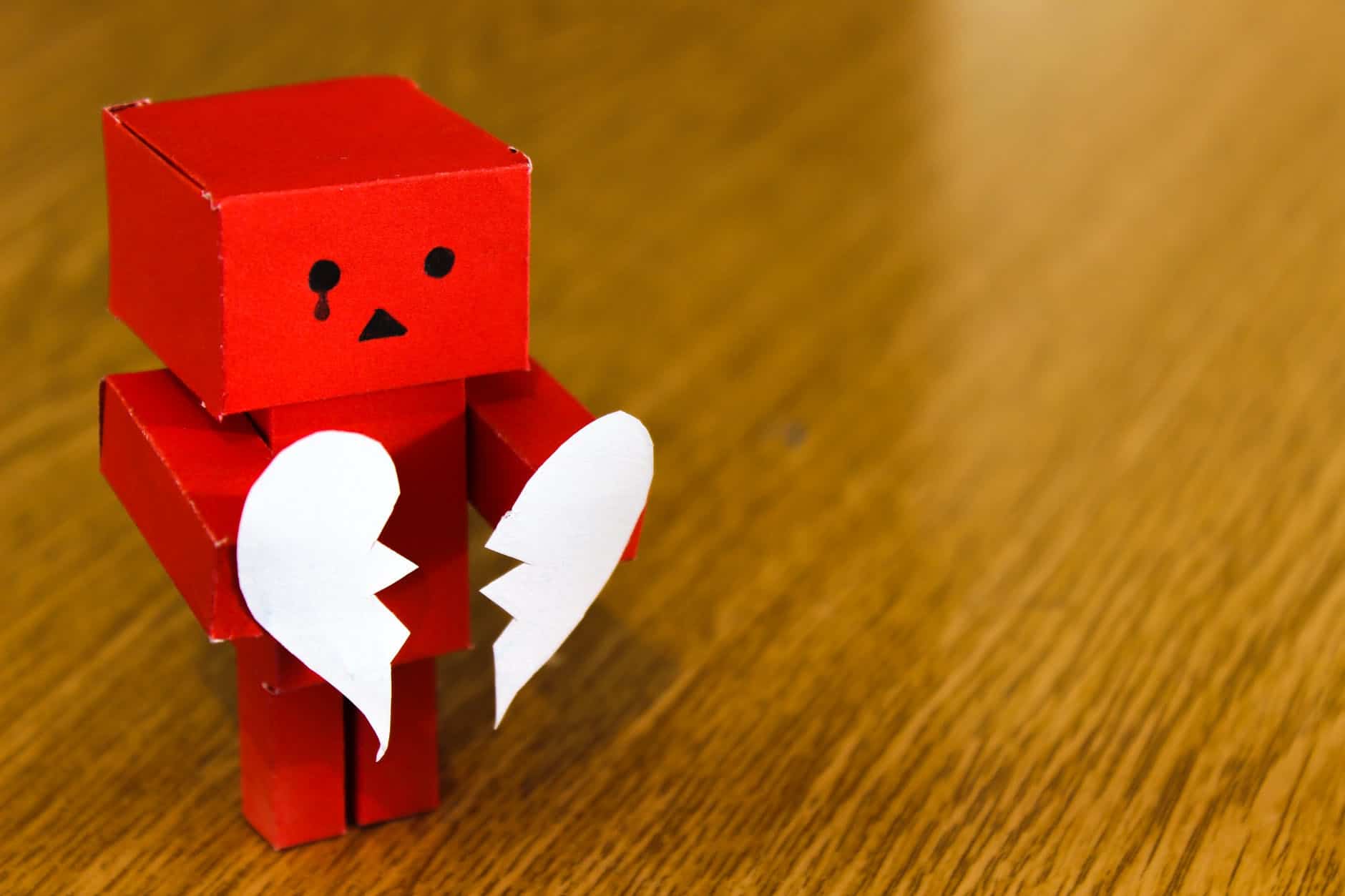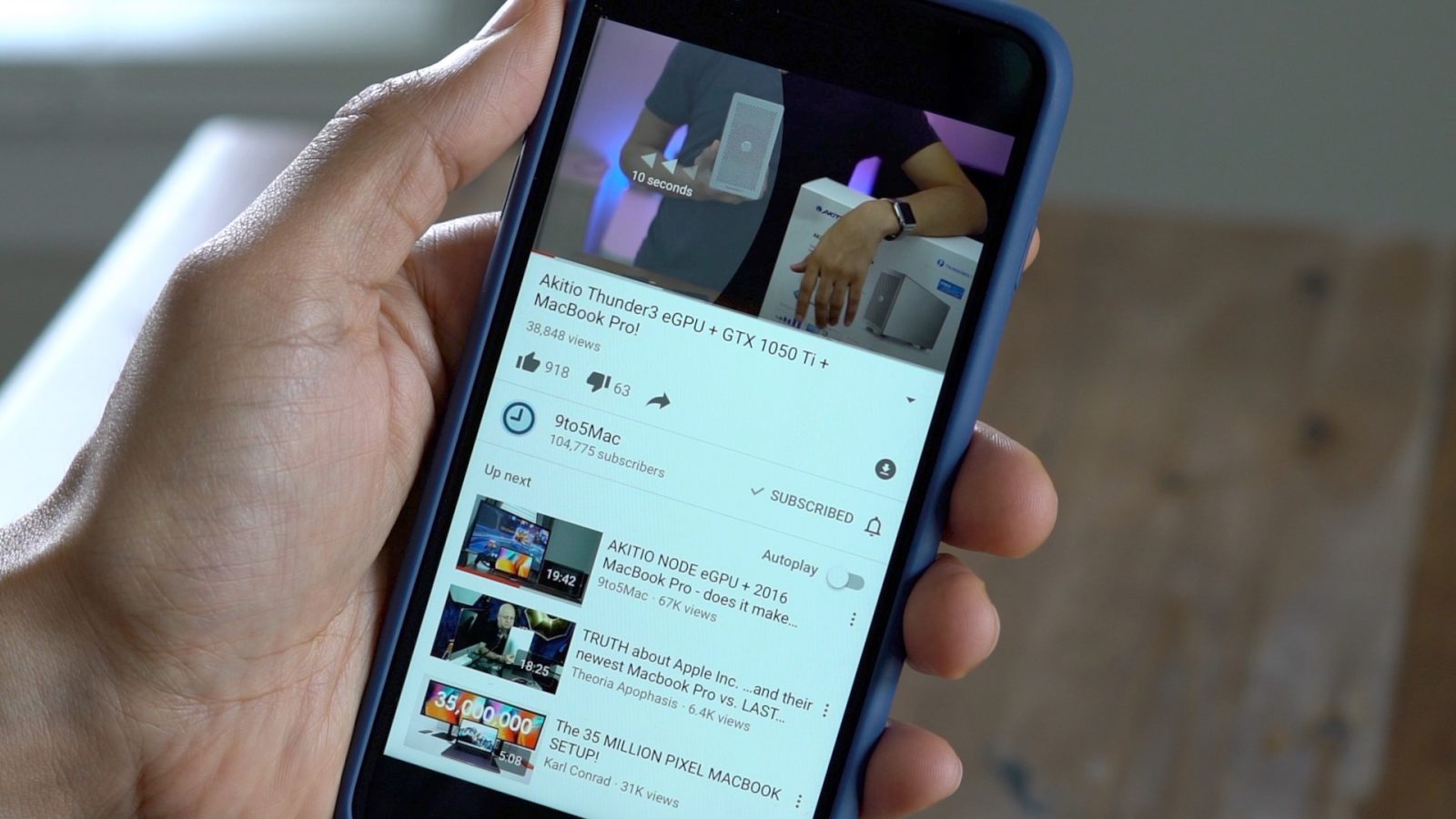Almost everything we eat and drink on a daily basis contains sodium or salt as it’s popularly called.
Sodium occurs naturally in some foods, some other foods are spiced with it, and almost every home has a jar of salt in the kitchen.
For a long period of time, excessive consumption of salt has been connected to high blood pressure, and that can cause damage to your arteries and blood vessels when chronically elevated.
This could also increase a person’s risk of heart diseases, kidney disease, stroke, and heart failure. Because of the above, several health authorities have taken it upon themselves to set up some guidelines to help limit the intake of sodium.
Nevertheless, the guidelines have been controversial as not everyone will benefit from the prescribed reduced sodium diet.
In this article, you’ll be exposed to the importance of sodium, the potential risks of consuming too little or too much, and also the right amount of sodium you should consume daily.
Sodium is necessary for health
Despite the repeated vilification, sodium or salt is a vital ingredient for good health. Salt is one of the electrolytes in the human body. Electrolytes are minerals that create ions that are electrically charged.
One primary source of sodium for humans is the salt we eat. Salt is a combination of sodium and chloride with 40% of its weight being sodium and the remaining 60% of its weight being chloride.
Because sodium chloride is widely used in the manufacturing and processing of foods, processed foods contain almost 75% of the sodium consumed by people.
Most of the sodium on the human body resides in the blood and in the fluid that surrounds your cells, where the sodium helps to keep the fluids in balance.
Apart from helping to maintain normal fluid balance, salt plays a significant role in normal muscle and nerve function.
This kidney helps to regulate the level of sodium in your body by adjusting the amount of sodium that is excreted through your urine.
Another way you lose sodium is through sweat. It is very rare to find dietary sodium deficiencies under normal conditions even with diets that are very low in sodium content.
Sodium is linked to high blood pressure
It is no discovery that sodium is linked to high blood pressure especially in individuals with elevated levels. Most experts claim that the first time sodium was linked to high blood pressure was in France in the year 1904.
Yes, the connection was not widely recognised till late 1940 when a scientist called Walter Kempner demonstrated that a diet of low salt rice could lower the blood pressure of 500 people who had elevated levels.
Ever since the demonstration by Walter Kempner, different researches have proven links between consumption of sodium and an increase in blood pressure.
One of the largest studies of the connection between sodium consumption and high blood pressure is the Prospective Urban Rural Epidemiology trial, also known as PURE.
Analysing the levels of sodium in the urine of over a 100,000 participants from 18 countries across five different continents, the researchers discovered that people who consumed sodium had a higher blood pressure compared to people who avoided it or consumed only a small quantity.
Also using the same population, some other scientists were able to demonstrate that individuals who ingested more than 7grams of sodium daily are exposed to a higher risk of heart diseases and almost death compare to individuals stop consumed a little as 3-6 grams of sodium daily.
Nevertheless, not everyone responds the same way to sodium intake.
People dealing with chronic kidney disease, high blood pressure, and diabetes, as well as African Americans and people who are advanced in age, are more sensitive to blood pressure raising the effect of sodium chloride.
If you are sensitive to sodium chloride, it is advised that you reduce your intake of it as you may stand a higher risk of high blood pressure and other heart diseases.
Official dietary recommendation for sodium chloride
For many years, health authorities have advised people to reduce their salt intake to control their blood pressure. It is estimated that the human body only needs 186 mg of sodium daily for proper functioning.
Nevertheless, it is almost impossible for a person to consume such a small quantity and still get the recommended daily intake of order nutrients and meet their energy needs.
Therefore, it was recommended by the Institute of medicine that healthy adults consume 1.5g of sodium daily.
At the same time, the US Department of health, the IMO, the human services, and the USDA recommended that adults reduce their daily intake of sodium to below 2.3 grams which is the equivalent of one teaspoon of salt daily.
This sodium intake limit was established based on results from clinical studies that intake of sodium above 2.3 grams can have an adverse effect on blood pressure and increase the risk of heart disease.
Due to the increased loss of sodium through sweat, these guidelines do not apply to highly active people such as workers who are exposed to heat and competitive athletes.
Other organisations have also made different recommendations
The world health organization had suggested that people consume 2 grams of sodium daily, while the American heart association advises a much-reduced intake of 1.5 grams of sodium per day.
At present, Americans consume much more salt than is recommended by health authorities — an average of about 3.4 grams daily.
Nevertheless, the primary reason these recommendations have been controversial is that people worth normal levels of blood pressure may not derive any benefits from reducing their intake.
In fact, the evidence available to prove that consuming less quantity of sodium decreases the risk of heart disease in healthy people is minimal. Worse still, it may be harmful.
Dangers of underconsumption of sodium
Some evidence has suggested that there may be some risks attached to reducing the intake of sodium to the recommended amount.
In a review study that comprised more than 133,000 individuals with and without high blood pressure from different countries across six continents, researchers did an investigation into how sodium intake affects the risk of early death and heart disease.
The study showed that regardless of blood pressure, individuals who consumed below 3 grams of sodium daily were more likely to suffer from heart disease compared to those who consumed 4-5 grams every day.
Also, people who consumed below 3 grams of sodium daily had worse health outcomes than those who consume 7 grams.
Researchers also discovered that those who had high blood pressure and consumed above 7grams of sodium daily had a significantly higher risk of death or heart disease compared to those who consumed 4-5 grams.
The above and several other study results show that a reduced intake of sodium could be as detrimental to health as an excess intake.
Should you limit your intake of sodium?
People who are dealing with high blood pressure who consume above seven grand of sodium daily should certainly reduce their sodium intake.
You may also have to reduce thought daily intake of sodium if you have been advised by this doctor or dietician to do so for medical reasons.
However, for people who are healthy, cutting down on sodium intake doesn’t seem to make much of a difference.
And even though health authorities have continued to push and advocate that people reduce their daily consumption of sodium, the truth remains that consuming below 3grams of sodium daily may have an adverse effect on a person’s health.
Studies show that individuals who consume below 3 grams of sodium per day stand a higher risk of developing a variety of heart diseases and even early death compared to people who take up to 4-5 grams of sodium per day.
The above claims give rise to concerns as to whether the current guidelines for sodium intake ranging from 1.5 grams to 2.3 grams are causing more damage than offering benefits as a growing body of evidence proves that these recommendations may be too low to be healthy.
With the above said, the study of 133,000 individuals from 49 countries across six continents showed that only 22% of the study population consumed more than 6 grams of sodium daily, which means rust the amount of sodium consumed by healthy people is safe.
Other ways to control your blood pressure and improve your health
Not only will it be difficult for you to archive the low amount of sodium health authorities recommend, but there is also evidence to prove that it could be dangerous to your health.
However, there are some other practical and easier ways you can use in controlling your blood pressure and improving your health without having to bother solely on the amount of sodium you consume.
Exercise
Exercise is linked with a myriad of health benefits, and that includes lowering of blood pressure. A combination of resistance training and aerobics is ideal but just walking a short distance daily can help bring your levels down.
If for some reason you can’t make it the gym, thirty minutes of walk daily of enough exercise for your heart. Besides, if you feel you can’t walk 30 minutes at once, you can easily break the session into 10 minutes three times daily.
Easy more fruits and vegetables
Most people eat more processed foods than fresh fruits and vegetables.
Fruits and vegetables are essential did if you want to maintain good health as they contain nutrients such as magnesium and potassium that could help to lower your blood pressure.
Vegetables such as beetroot, spinach, lettuce, and arugula are great sources of nitrate which increases your body’s production of nitric oxide.
What Nitric oxide does is to relax your blood vessels and arteries, which causes them to dilate since increase the flow of blood and that initially reduces blood pressure.
Eat fewer calories
Sodium consumption has been associated with calorie intake. The more calories you consume, the higher the quantity of sodium you also consume.
Since a lot of people consume more calories than they need daily, it is safe to say that cutting down the number of calories one consumes is an easy way to reduce a person’s sodium intake.
Another benefit of consuming fewer calories is that it promotes weight loss which may also help to lower your blood pressure.
Limit alcohol
Birth men and women need to reduce their daily intake of alcohol to one drink per day for women, and two drinks per day for men.
The reason for this is that heavy consumption of alcohol has a significant connection with elevated blood pressure levels. If you exceed the recommendation of one bottle for women and two bottles for men daily, you may want to consider cutting back.
Rest
You may also want to consider thinking less and getting enough rest as a way to reduce your blood pressure.
Overworking yourself is unhealthy for many reason and even though you decide to cut down on your sodium intake, there is no guarantee that your blood pressure will be reduced if do not get enough rest.









